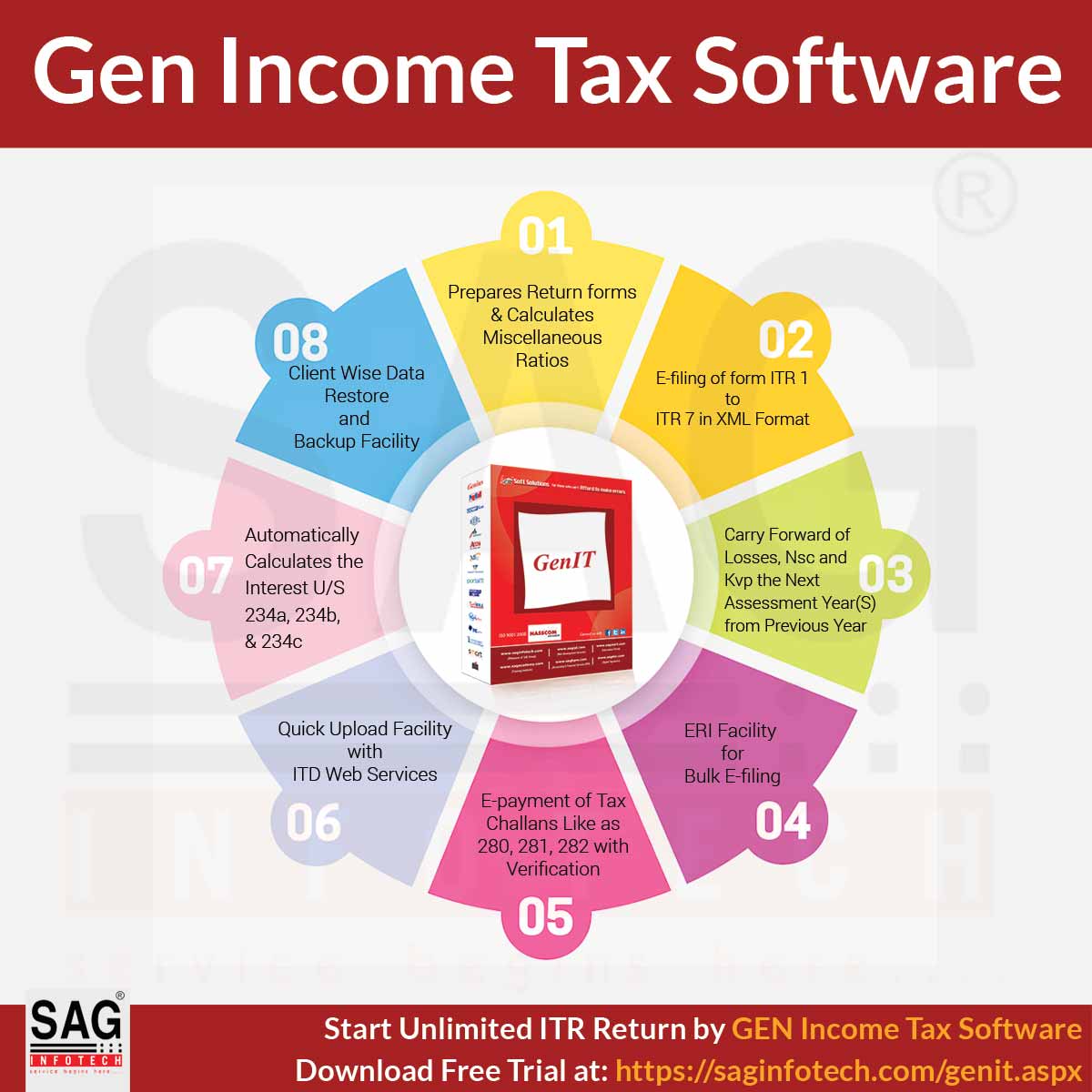An individual needs to be very cautious while filing returns as any incorrect information furnished in returns may get you penalized by the tax authorities or even put you behind bars. The Income Tax Department can impose a penalty of up to 200% on you for filling in incomplete information in ITR. Most salary-class people file their income tax returns on their own and this reduces the chances of errors and furnishing false information.
Interest from Banks on Savings and Fixed Deposit Accounts
Interest from Banks on savings and fixed deposit accounts is taxable if it exceeds INR 10,000/-. However, you still should mention the interest while filing returns even if the interest is less than this threshold so that it can be claimed under the Income Tax Act 80 TTA.
A few people think that when TDS is deducted from FD or savings accounts, then they do not need to mention it in ITR. However, this is not true and it brings a difference in the income tax rate. Therefore, you must furnish complete details of interest while filing the returns.
Income Earned on Investment of Minor Children
An income of approx Rs 1,500 in the name of each minor child in a year is tax-exempt. However, the income above this limit needs to be combined with the income of the parent who is earning more. So do not violate the law and avoid clubbing.
Notional Income for Another Property
A notional income is a rent receivable from other than one house property. Notional rent is taxable under the Income Tax Act. Income from one house property is tax exempt, whereas if an individual possesses more than one house property, he/she is liable to pay the tax on the income receivable from another property, no matter whether an individual is earning income from it or not. Interestingly, the government has given the right to own two houses in the interim budget.
Capital Gains from Scheme Transfer in Mutual Funds
Usually, investors keep changing the schemes of mutual funds. In such a situation, while filing income tax returns, you should give detailed information about the entire scheme of mutual funds along with the benefit you received by changing the scheme. The Income Tax Department may send you a notice under section 148 of the Income Tax Act to an individual who does not furnish such complete details.











